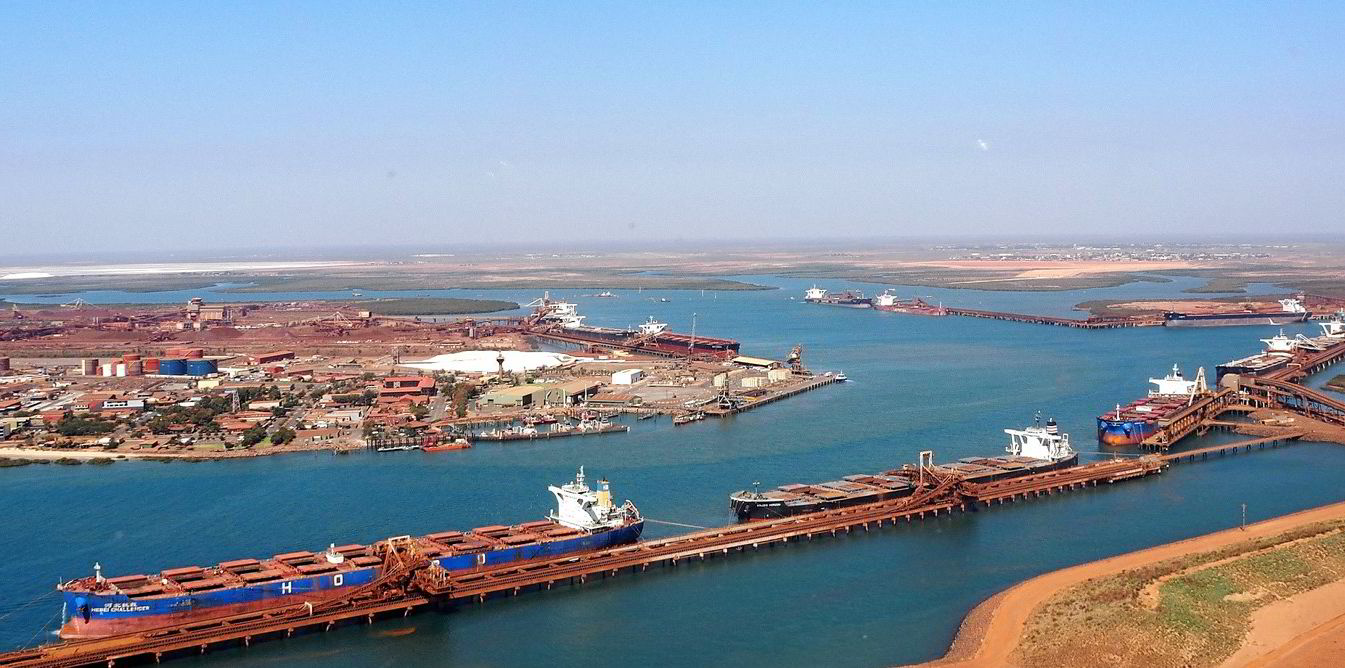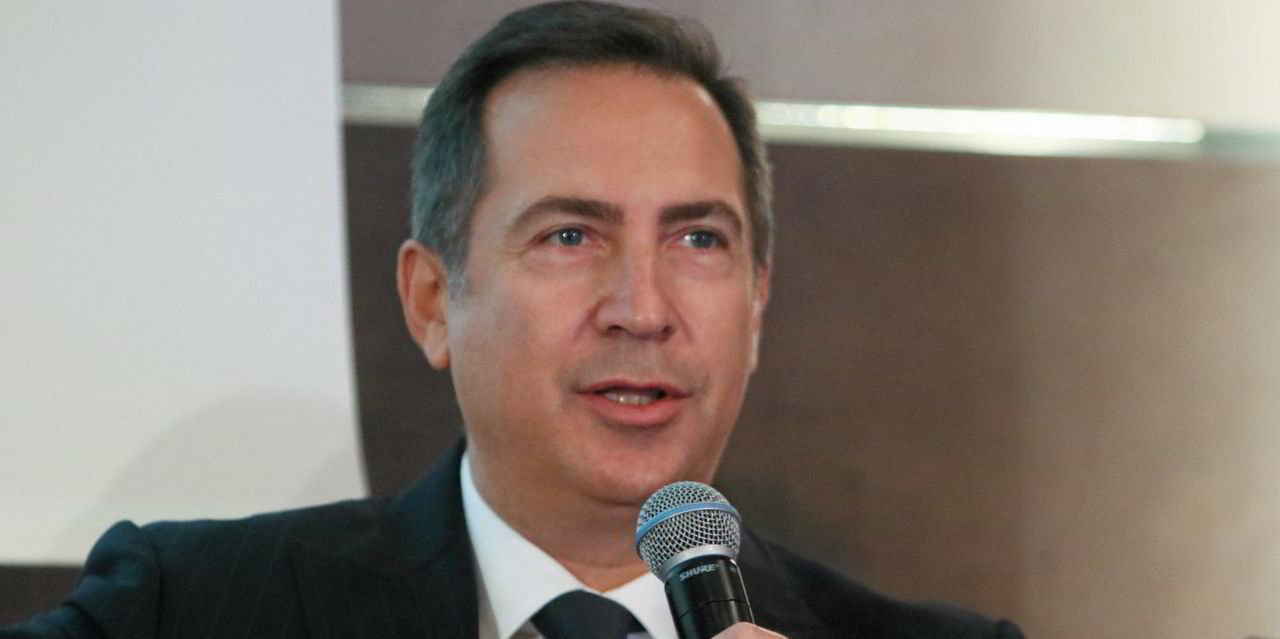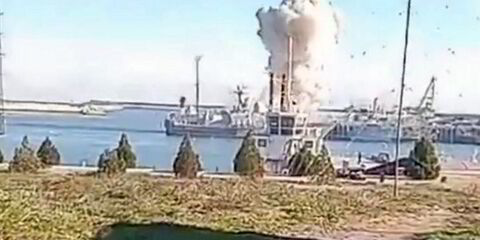Futures contracts for capesize bulkers surged on Tuesday as the spot market took its first upward step after more than a week of deep declines.
Capesize freight forward agreements (FFAs) for July jumped 11.1% during the day to hit $36,500 per day, according to the trading screen by Braemar Atlantic Securities.
The figure implies a 65.2% premium on current rates in the capesize spot market.
The July contract surge helped fuel a 7.7% jump in third-quarter FFAs in the sector, according to the freight derivatives unit of shipbroker Braemar Shipping Services.
On Twitter, the Braemar Atlantic commented on the jump simply by referring to it as “#turnaroundtuesday”.
The FFA jump came as the spot market in the capesize sector inched higher after sliding since 23 May.
“Did someone mention volatility?” Cleaves Asset Management’s Joakim Hannisdahl said as he Tweeted the day’s capesize numbers.
In fact, Hannisdahl, who is chief executive of the shipping-focused hedge fund, mentioned volatility a day earlier, noting that recent declines in the spot market left unchanged his expectations for a strong second half of this year.
The Baltic Exchange’s Capesize 5TC average of spot earnings across five key routes gained 2.8% on Tuesday, bringing it to just over $22,100 per day.
“Hopefully the bottom is seen for now, as summer season kicks in,” Oslo-listed shipowner 2020 Bulkers said in a Tweet that included a smiling emoji wearing sunglasses.
But gains on a time-charter equivalent basis could have been stronger, if it were not for soaring fuel prices.
The benchmark West Australia-to-China route jumped 8.7% to $12.55 per tonne of iron ore, according to the Baltic Exchange.
Tuesday saw miner Roy Hill book an unnamed capsize to lift 180,000 tonnes of iron ore at Port Hedland, Western Australia, to carry it to China at $11.95 per tonne.
But larger rival Rio Tinto paid a higher $12.30 per tonne to move 170,000 tonnes from nearby Dampier.
That beats the $11.45 that Rio Tinto paid a day earlier for a similar shipment.
But the average cost of very low-sulphur fuel oil at the world’s top four bunker ports moved upward by 3.3% on Tuesday to $996 per tonne, according to Ship & Bunker.
“Despite major voyage routes firming up, bunker prices climbed further and restricted the gains on time charter trips,” Baltic Exchange analysts said in their daily report.





